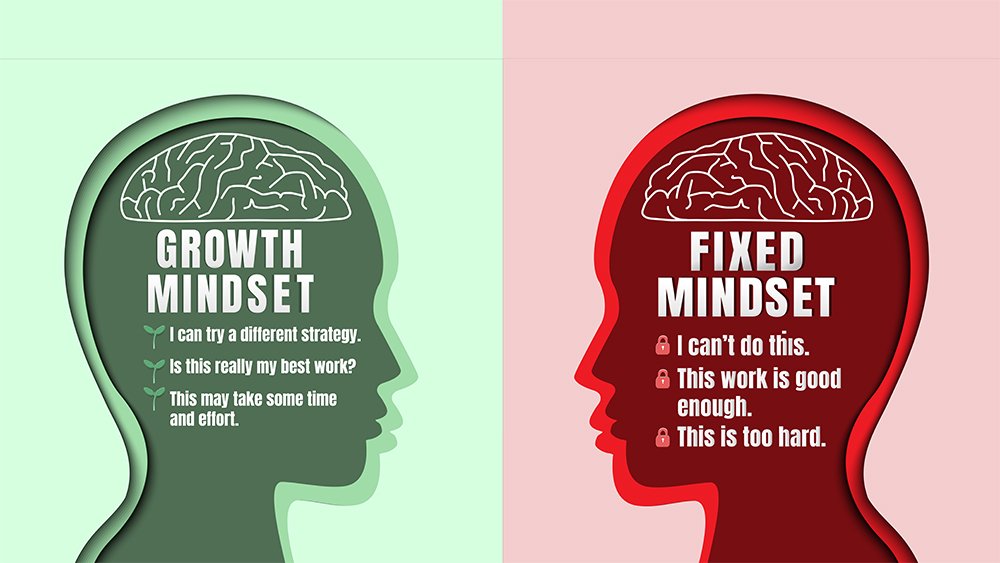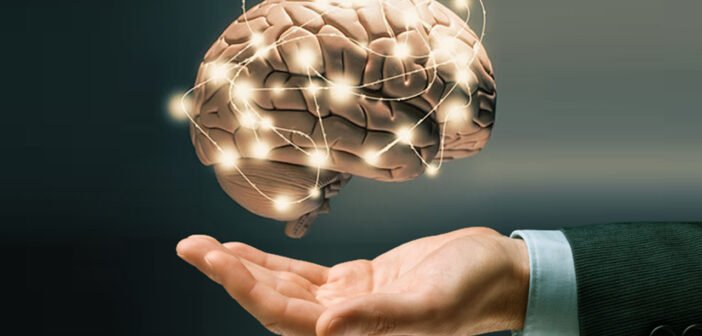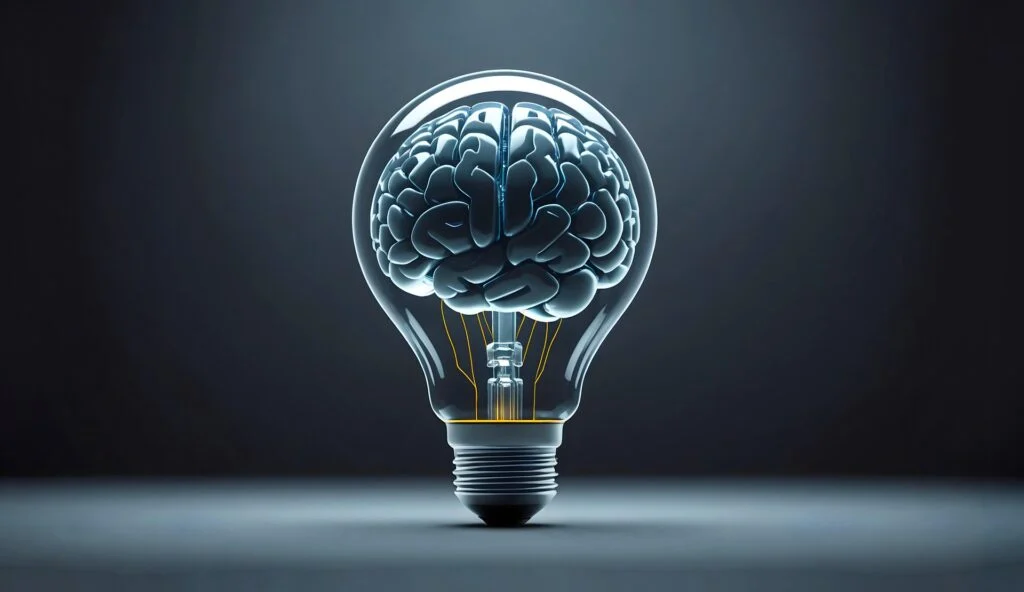Growth Mindset vs. Fixed Mindset: What Everybody Must Know

In the journey of personal and academic development, one powerful idea quietly shapes how we learn, face challenges, and ultimately, how far we go. It’s the concept of mindset. Coined and popularized by psychologist Carol Dweck, the terms “growth mindset” and “fixed mindset” describe two distinct ways people view their abilities and potential. This fundamental distinction—though invisible—can shape everything from how a child tackles a math problem to how an adult rebounds after failure. Understanding the difference is not just beneficial—it’s essential.
What is a Fixed Mindset?
People with a fixed mindset believe that intelligence, talent, and abilities are static traits. You either have it or you don’t. To them, effort is futile, mistakes are shameful, and failure defines who you are.
For example, a student who says, “I’m just not good at math” has already drawn a mental border they won’t cross. In a fixed mindset, challenges are threats, not opportunities. A single poor grade feels like a verdict: you are not smart enough. Praise for innate talent—“You’re so smart!”—can unintentionally reinforce this mindset, making people more afraid to try, lest they lose their “smart” label.
What is a Growth Mindset?
In contrast, those with a growth mindset believe abilities can be developed through dedication, learning, and hard work. Intelligence isn’t fixed; it’s a starting point. Setbacks are seen not as evidence of failure, but as fuel for growth.
A child with a growth mindset says, “I can’t do this yet.” That small word—yet—makes all the difference. It transforms temporary difficulty into potential mastery. These individuals embrace challenges, persist through obstacles, and see criticism as a valuable guide rather than a personal attack. They’re not obsessed with proving they’re smart—they’re focused on becoming smart.
Why This Difference Matters
Mindset affects every corner of life:
-
In School: Students with a growth mindset outperform those with fixed beliefs, even when starting at the same skill level. They are more likely to take on tough subjects, recover from failure, and continue improving over time.
-
In the Workplace: Professionals with a growth mindset are more resilient, innovative, and likely to seek feedback. They rise through learning, not politics or perfection.
-
In Relationships: Growth-minded individuals believe people can change and grow, making them more forgiving and willing to work through conflict.
-
In Parenting: Parents who focus on effort over outcomes raise children who are more confident and independent. Saying “You worked really hard on this” does more for a child’s self-worth than “You’re so talented.”
Breaking the Fixed Mindset Trap
Even the most growth-oriented people occasionally slip into fixed thinking. The key is to notice the signs:
-
Do you avoid things you’re not instantly good at?
-
Do you give up easily when things get hard?
-
Do you see failure as something to hide?
If so, shift your inner dialogue. Replace “I can’t do this” with “I can’t do this yet.” Focus on learning strategies, not just outcomes. Praise your own effort and persistence, not just your natural ability. And most importantly, be willing to stumble—because growth starts when comfort ends.
Conclusion: The Mindset That Shapes Your Future
Growth mindset isn’t just a motivational catchphrase. It’s a deeply researched, life-changing perspective that can reshape how we approach every challenge. Everyone—students, parents, teachers, leaders—must recognize its power.
In a world that often glorifies perfection and instant success, a growth mindset dares to celebrate progress. It reminds us that greatness isn’t born—it’s built, one mistake and one lesson at a time.
Because the truth is: You’re not just what you are. You are what you’re willing to become.






